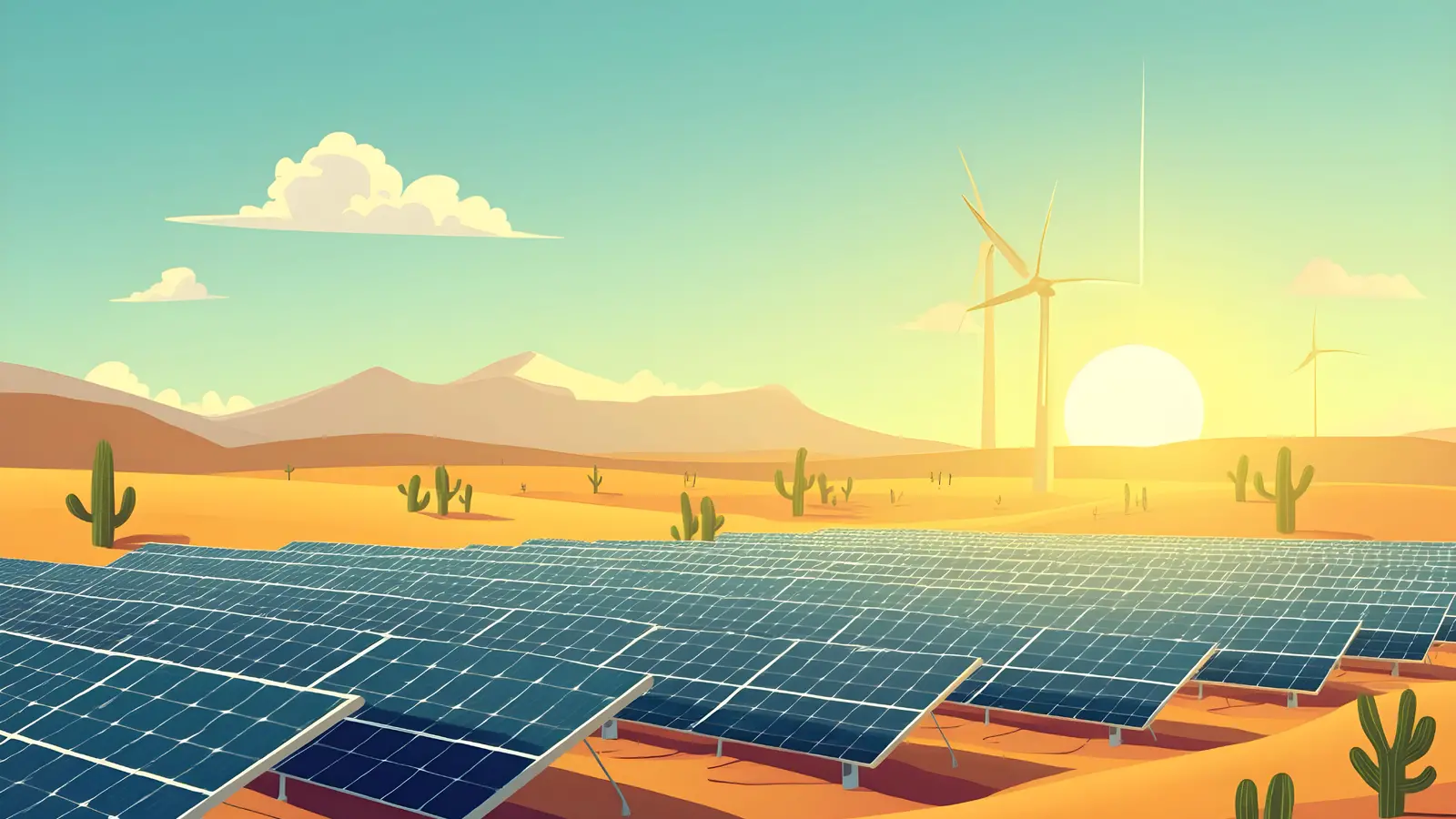In Short : Oyster Renewable Energy has reaffirmed its commitment to India’s energy transformation and the development of renewable energy infrastructure by announcing an ambitious plan to spend ₹16,000 crore and commission 2 GW of green energy capacity by 2028.
Strategic Investment & Rollout Plan:
Using a mix of solar and wind energy, the company plans to construct 2 GW of hybrid and round-the-clock (RTC) renewable energy projects in Gujarat, Madhya Pradesh, and Andhra Pradesh.
800 MW of the total, supported by an initial expenditure of ₹6,000 crore, are anticipated to be put into service by June 2026.
In order to facilitate extensive power distribution, Oyster is also concentrating on building a 700 MW Interstate Transmission System (ISTS) network, of which 600 MW will be in Madhya Pradesh and 100 MW in Gujarat.

Impact Highlights for Clean Energy and Climate Impacts Focus Area
Clean Deployment of Capacity With a projected 2 GW capacity by 2028, India’s use of green energy will accelerate.
Climate Action: India’s decarbonization roadmap is supported by hybrid initiatives that lower carbon intensity. Resilience in Energy Hybrid systems with ISTS support 24/7 renewable energy and energy efficiency.
The Green Economy Green jobs and growth are fostered by extensive investment and infrastructure development. Technology Integration The focus on hybrid combinations (wind + solar) highlights the evolution of renewable energy systems.
Why It Matters
The ₹16,000 crore wager made by Ocean Renewable Energy is a strong declaration of intent and a driving force behind India’s clean energy and climate action objectives. The company supports the following goals by constructing hybrid power systems and strong transmission infrastructure:
A quicker shift away from fossil fuels and toward dependable alternative energy.
Increased energy equity for workers in the renewable energy sector.
Collaborations between solar PV, wind turbines, storage, and smart grid systems for long-term net zero emissions progress.



